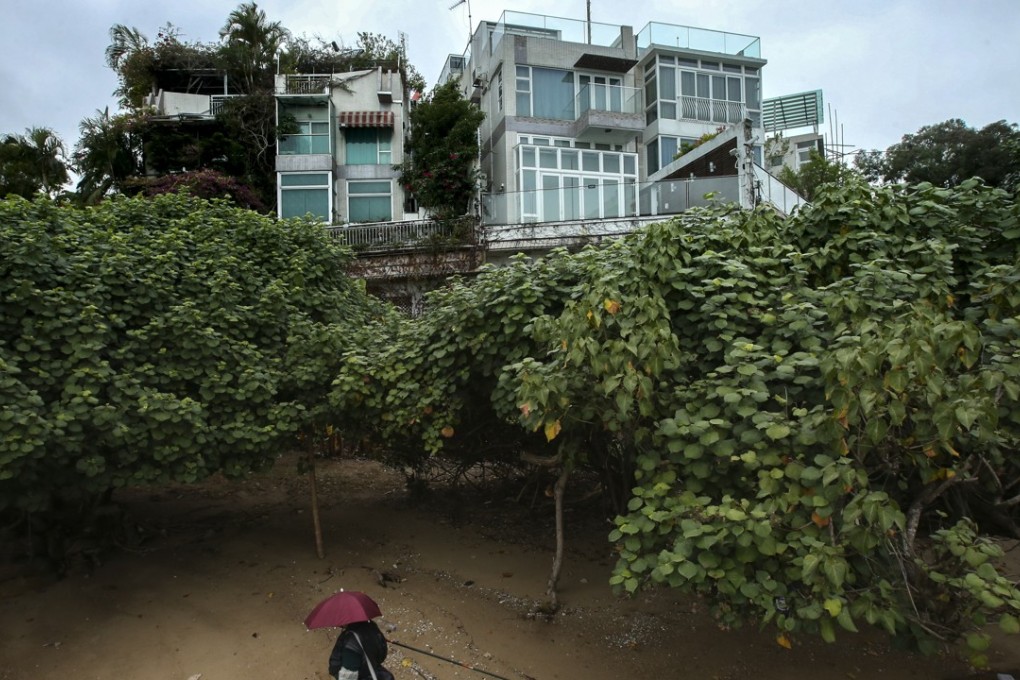Hong Kong justice secretary Teresa Cheng apologises on first day in office for controversy over ‘illegal structures’ in her home
But new minister stops short of admitting wrongdoing and only confirms she sought a professional to review the matter

Hong Kong’s new justice minister Teresa Cheng Yeuk-wah apologised on Saturday, her first day in office, for “inconvenience caused” over structures identified in her home that sparked accusations she had violated the city’s building code.
But Cheng stopped short of admitting the features at her residence in the New Territories community of Tai Lam were “illegal”, and only confirmed she commissioned a professional to review the matter.
The Buildings Department asked on Friday to enter the minister’s home to investigate.
Teresa Cheng takes reins as Hong Kong justice secretary with ‘prime mission’ to uphold rule of law
“The conditions in my house, as reported by newspapers, had already existed by the time I bought the property,” Cheng said. “I admit I could have done better in being alert in this respect.”
“I apologise for any inconvenience caused by this incident.”
The saga began when Chinese media outlets reported on Saturday they had identified additional structures in both Cheng and her husband’s homes suspected of being “illegal”.
The structures were said to include a staircase leading down from the ground floor of Cheng’s private residence at House 4, Villa De Mer, indicating the presence of a basement; a rooftop glass house; a glass structure on the ground floor; and garden pools at her house.